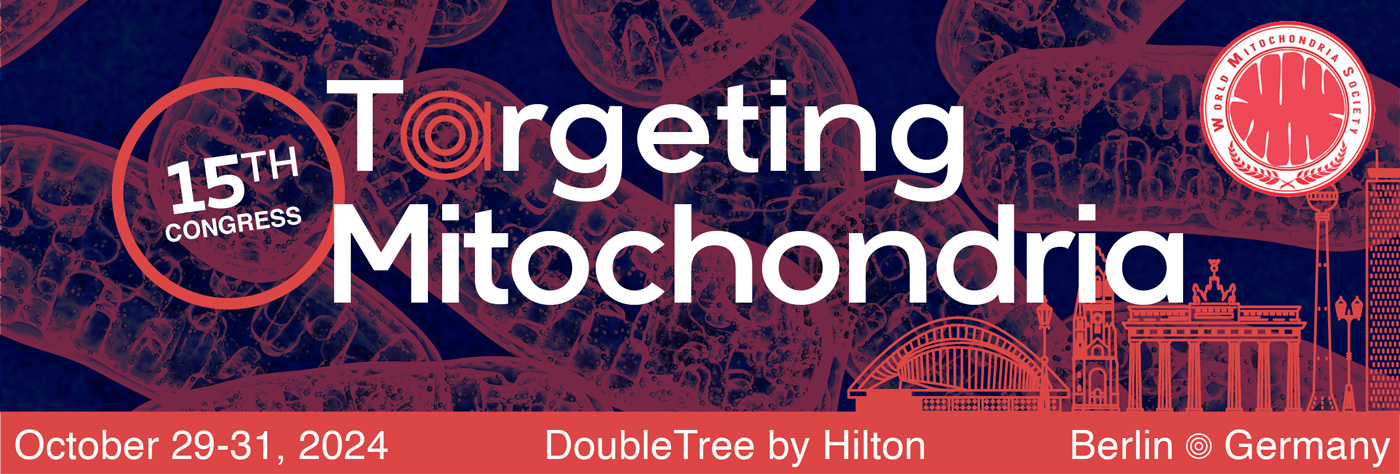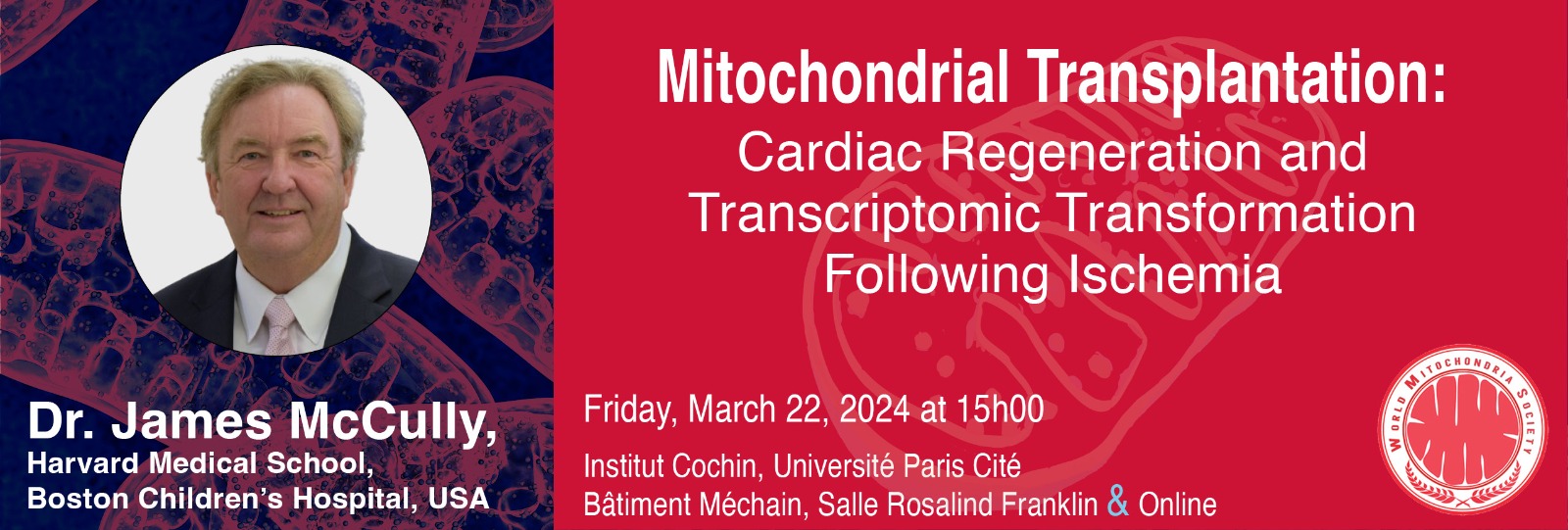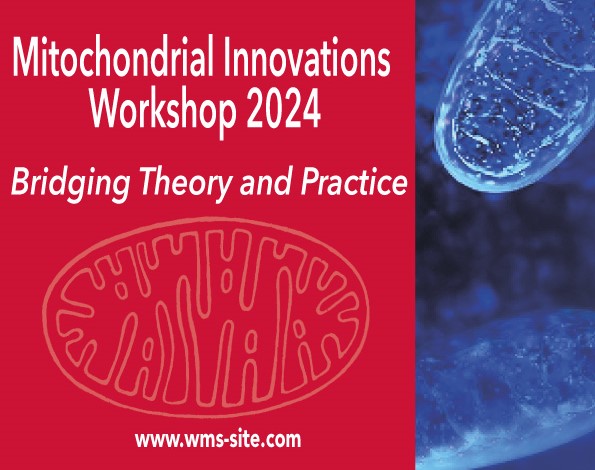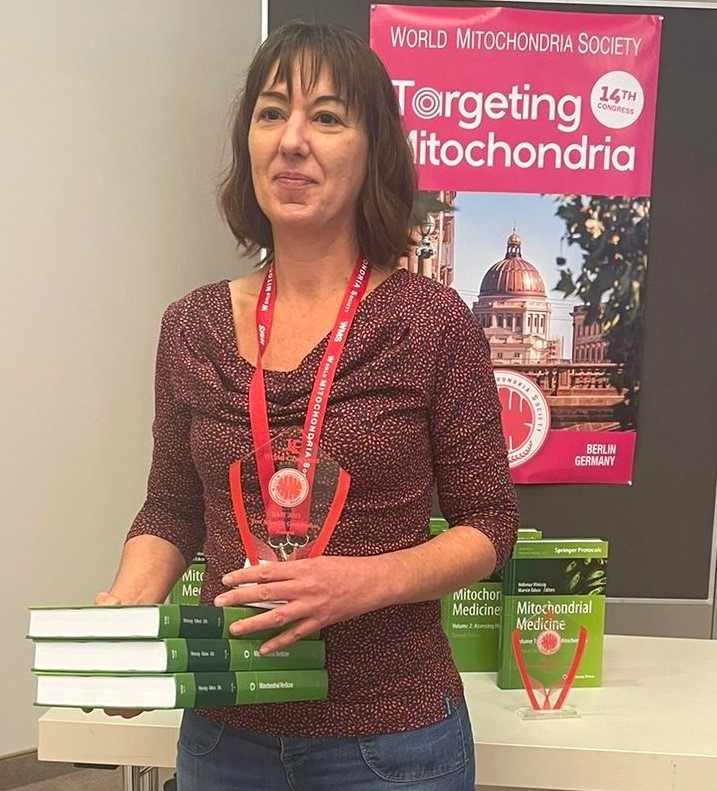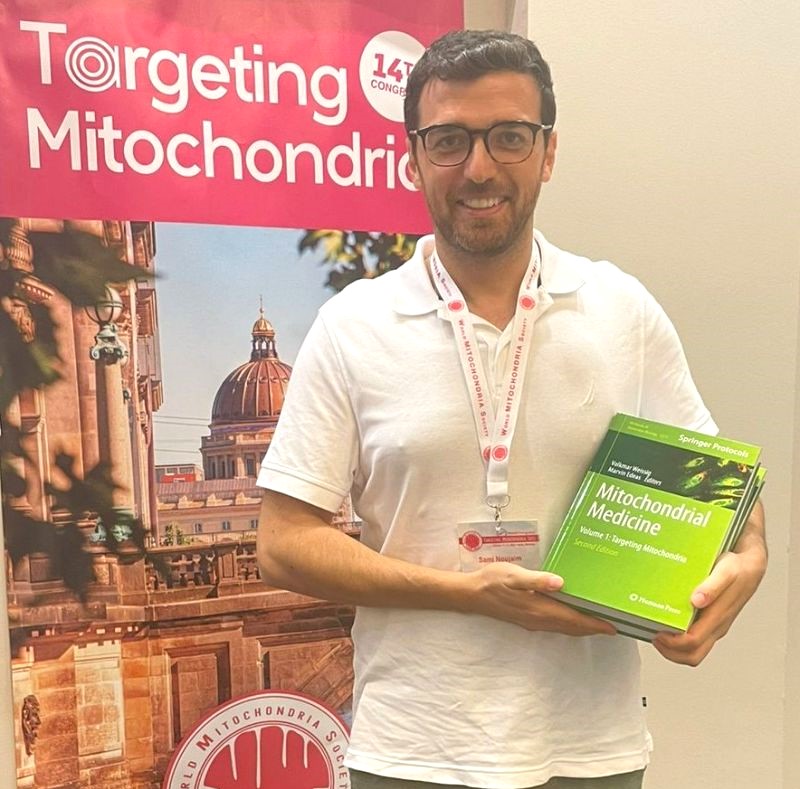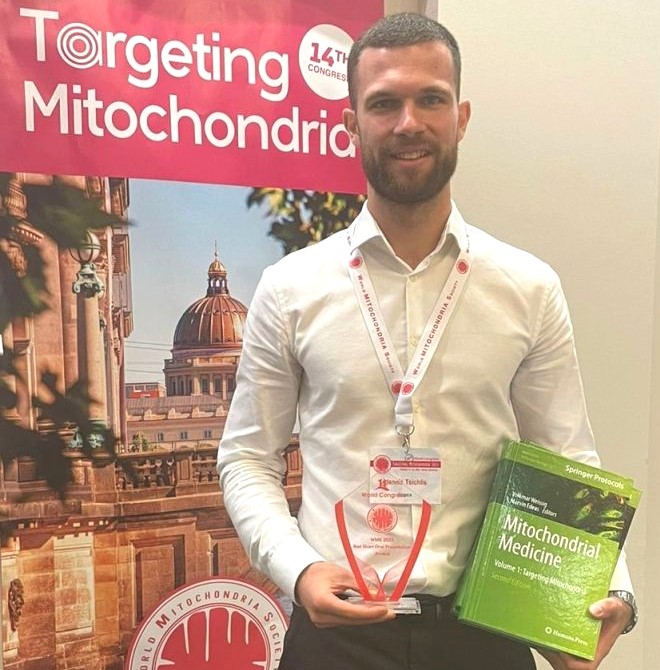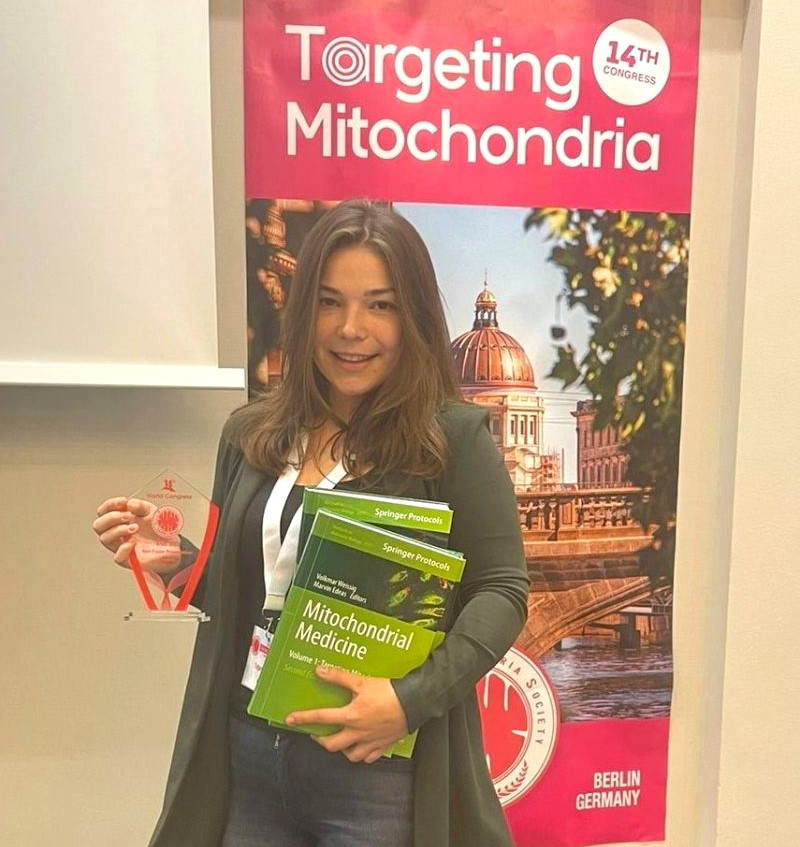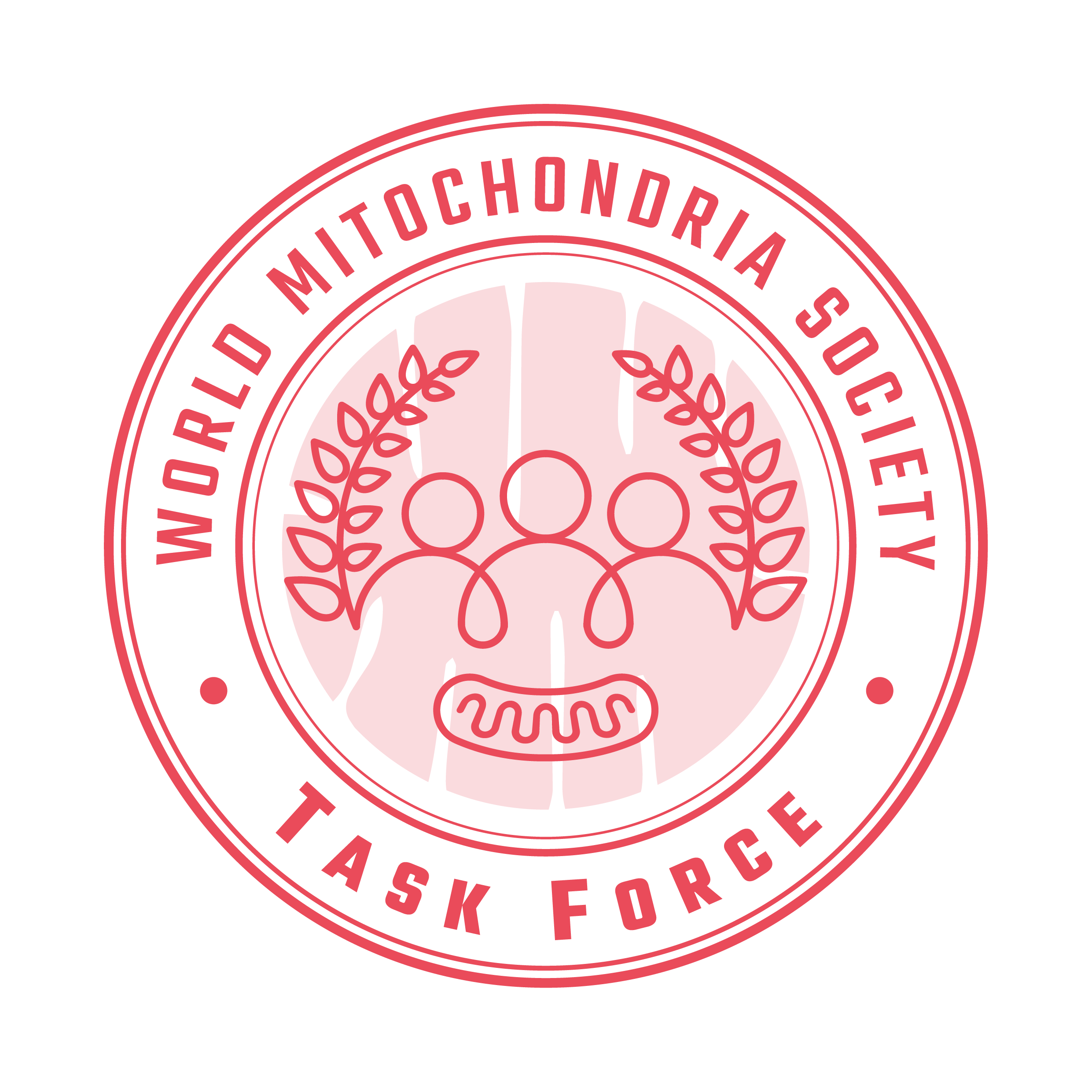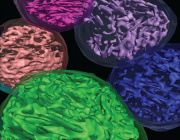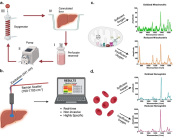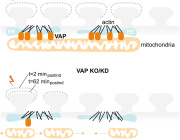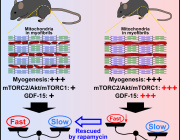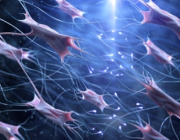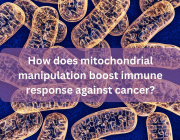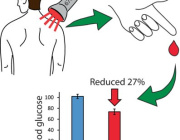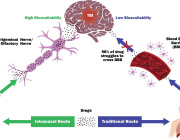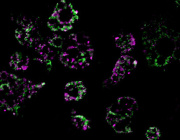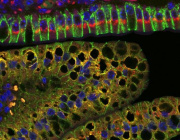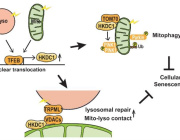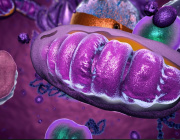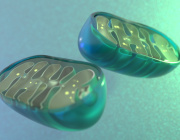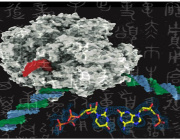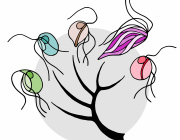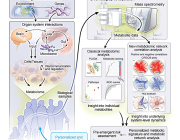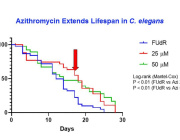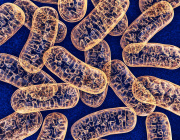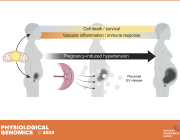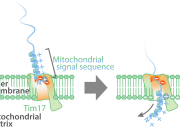Biparental Inheritance of Mitochondrial DNA in Humans
 Photo Credit: seal1837, Pixabay
Photo Credit: seal1837, Pixabay
Significance
The energy-producing organelle mitochondrion contains its own compact genome, which is separate from the nuclear genome. In nearly all mammals, this mitochondrial genome is inherited exclusively from the mother, and transmission of paternal mitochondria or mitochondrial DNA (mtDNA) has not been convincingly demonstrated in humans. In this paper, we have uncovered multiple instances of biparental inheritance of mtDNA spanning three unrelated multiple generation families, a result confirmed by independent sequencing across multiple unrelated laboratories with different methodologies. Surprisingly, this pattern of inheritance appears to be determined in an autosomal dominantlike manner. This paper profoundly alters a widespread belief about mitochondrial inheritance and potentially opens a novel field in mitochondrial medicine.Abstract
Although there has been considerable debate about whether paternal mitochondrial DNA (mtDNA) transmission may coexist with maternal transmission of mtDNA, it is generally believed that mitochondria and mtDNA are exclusively maternally inherited in humans. Here, we identified three unrelated multigeneration families with a high level of mtDNA heteroplasmy (ranging from 24 to 76%) in a total of 17 individuals. Heteroplasmy of mtDNA was independently examined by high-depth whole mtDNA sequencing analysis in our research laboratory and in two Clinical Laboratory Improvement Amendments and College of American Pathologists-accredited laboratories using multiple approaches. A comprehensive exploration of mtDNA segregation in these families shows biparental mtDNA transmission with an autosomal dominantlike inheritance mode. Our results suggest that, although the central dogma of maternal inheritance of mtDNA remains valid, there are some exceptional cases where paternal mtDNA could be passed to the offspring. Elucidating the molecular mechanism for this unusual mode of inheritance will provide new insights into how mtDNA is passed on from parent to offspring and may even lead to the development of new avenues for the therapeutic treatment for pathogenic mtDNA transmission.
Reference: Shiyu Luo, C. Alexander Valencia, Jinglan Zhang, Ni-Chung Lee, Jesse Slone, Baoheng Gui et al. 2018. Biparental Inheritance of Mitochondrial DNA in Humans. PNAS. doi.org/10.1073/pnas.1810946115
News source: www.pnas.org
